Self-Imaging: Identity, Disruption, Transformation. An online lecture series on Global Pop Cultures.
Welcome everybody,
we are glad that you have tuned into our online lecture series, organized by the Shared Campus’ theme group “Global Pop Cultures”. As initiators, organizers and curators, we are pleased to give you a brief introduction into our topic – the “self”. And since the self never exists on its own, we are reading this jointly, as a slightly distorted global pop cultures choire.
In times of accelerated globalization, technology-driven hybridization and digital connectivity, the self, which in fact has never been self-evident, appears less self-evident than ever before. Accordingly, we experience a plethora of discourses, debates, cultural, social, political, and commercial practices revolving around the notion of “the self”.
From selfies to drag, superheroes to villainous politicians and beyond, never have issues around the creative engagement with self-image, disruptions of personal identity and liquid bodily configurations been so pressing, so public. Our global playground is a place where Instagram pictures lie and rhythms from various heritage cultures mash-up with technological modes to create utterly contemporary cultural forms. The self, and its mediation through the various platforms for imaging, sounding, speaking or feeling, is an important but by no means uncontested construct. In fact, it can be considered as a productive paradox. Caught between the quest for unmistakable individuality and ever evolving social obligations in transcultural contexts, it oscillates between obstinacy and adaptation. The search for sameness in diversity plays a central role in both scientific and creative discourse. The authentic self is marketed as an ideal and aspirational image, demanding a high convergence of subjective “inside” and social “outside.” But increasingly half-baked, fickle, and ambiguous identity concepts are disrupting the modernist ideal of “being whole within oneself.” Pop culture offers an ideal breeding ground for this.
Todays global web of interlinked pop cultures is characterized by a high degree of variability, plasticity, connectivity, and transculturality. Pop has long transcended its Western boundaries and the conceptual origins of the 1950s, when pop was considered as the cultural expression of the freedom-loving Western individual. Today, pop is genuinely global and hybrid. Pop exists only in plural. It perpetually transcends entertainment, youth and event culture, and has long become an integral part of the academia, activist movements, and both progressive and reactionary politics. With that said, pop can be considered as one of the most salient driving forces in the globalization, hybridization and innovation of cultures and understandings of the self. Pop is a sphere where not only politics, identities, economies, and social questions are negotiated, but also where pop itself is discussed, criticized, contextualized. The theorizing and critical artistic reflection of pop is part of global pop cultures themselves. In the course thereof, the evolution of pop has moved from pop art to art pop and avant-pop.
With that said, we have asked international scholars and artists to provide insights into their research about “self-imaging” in various fields of pop global cultures. In six sections, our presenters will shed light on “Designing the Self”, “Creative Identities across Art and Science”, Staging the Self”, “Picturing the Self”, “Hearing the Self”, and “Writing the Self”. The respective podcasts, vlogs and texts will be uploaded every Thursday, 7 pm, Central European Time, starting in October 2020, ending in December.
We hope you will tune in again on October 1st, when the first contributions for “Designing the Self” will be uploaded. The schedule below shows you what happens when. See you soon!
Joseph Imorde, Jörg Scheller, Judith Mair, Masahiro Yasuda, Daniel Späti, Takuro Mizuta, Richard Reynolds.
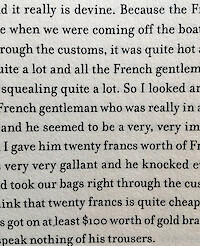
Pop in the Roaring 1920's. Zelda Fitzgerald, Irmgard Keun, Klaus and Erika Mann
Video Essay by Maren Lickhardt
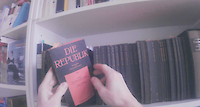
Writing the Self of Uwe Nettelbeck
Video Essay by Philipp Goll
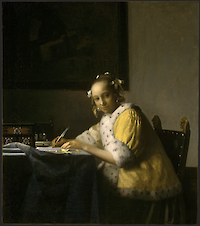
Writing the Self
The sixth section of the online lecture series "Self-Imaging: Identity, Disruption, Transformation" is curated by Joseph Imorde and Jörg Scheller.
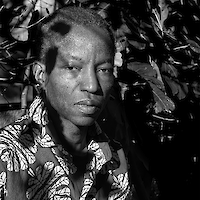
Self-portrait by Other (Autoportrait par autrui)
Essay by Mohomodou Houssouba
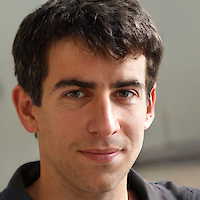
How to Disappear Completely – A Practical Guide
Video Essay by David Ritter
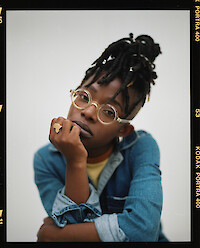
Interview with Ayishat Akanbi
Interview with Ayishat Akanbi by Raphael Smarzoch
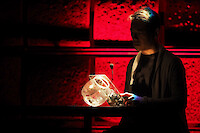
Hearing Our Bodies: Towards an Uncorseting, Anthropology as Music Practice
Video Presentation and Q & A with Ken Ueno & Takuro Mizuta Lippit
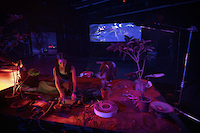
Cosmopolitics in Sound
Video Presentation by Sheryl Cheung

Hearing the Self
The fifth section of the online lecture series "Self-Imaging: Identity, Disruption, Transformation" is curated by Masahiro Yasuda and Takuro Mizuta Lippit.
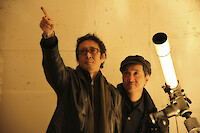
Voice and Machine
Video presentation by "The Formant Brothers" (Masahiro Miwa and Nobuyasu Sakonda)
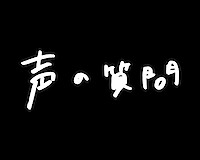
19 Vocal Questions
Online Workshop proposed by Wataru Asada

Selfie-Biographies: On Reaction Videos
Q&A with Annekathrin Kohout
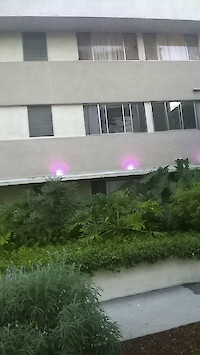
Selflessies. A Case for Negative Narcissism
Q&A with Jörg Scheller

It’s Only Stuff
Q&A with Rada Leu
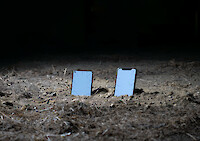
Buried
Q&A with UCNV
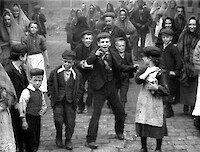
Sagar Mitchell & James Kenyon: Edwardian cinema as social media
Q&A with Richard Reynolds

At Home – The Visual Culture of Privacy
Q&A with Joseph Imorde
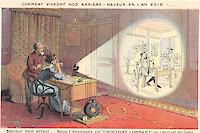
From Purikura to SNS Selfies. Digital Photography and Japanese Popular Culture
Q&A with Morihiro Satow
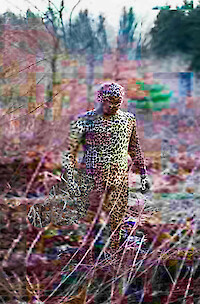
Picturing the Self
The fourth section of the online lecture series "Self-Imaging: Identity, Disruption, Transformation" is curated by Jörg Scheller.

Staging the Self
The third section of the online lecture series "Self-Imaging: Identity, Disruption, Transformation" is curated by Daniel Späti.
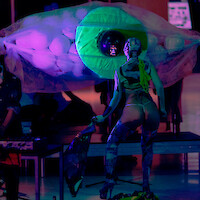
NO I SELF – Betty Apple's Transcoding Game of Ideology
Performances by and Q&A with Betty Apple
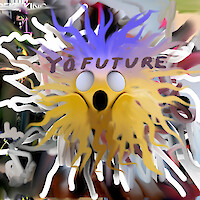
Where are the Stages?
Q&A with Björn Beneditz

On Music Streaming: The Consumer as a Spectre of the Romantic Artist Self
Q&A with Tobi Müller
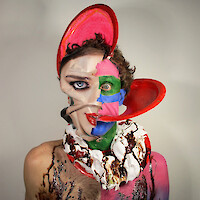
Resemblage. How Virtual Reality is Progressively Deconstructing the Self in the Art of a Fabricated Instagram Persona, David Nobody.
Q&A with David Henry Brown Jr.
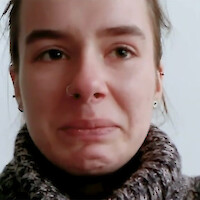
Blocking the Void and Filling the Bridges – On the Staging of Conflict and Activist Selves in Contemporary Protest Cultures
Q&A with Jorinde Schulz
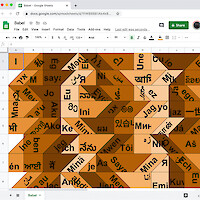
The Shared Presentation “Babel”
Q&A with Yae Akaiwa & Kensuke Sembo
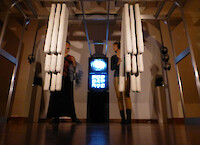
Neuromedia and the Self: Online talk and discussion
Online talk and discussion with Professor Dr Jill Scott
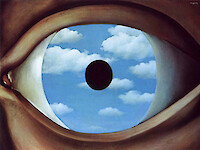
The Self in the Mind’s Eye: An illustrated talk with Q&A
Illustrated talk with Q&A with Professor Manos Tsakiris
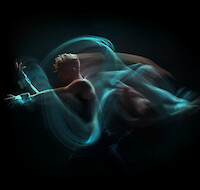
Curiosity: Music and Immersive scientific exploration
Interview with Professor Kelly Snook
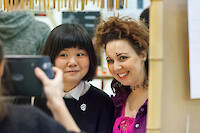
Creative Identities across Art and Science
The second section of the online lecture series "Self-Imaging: Identity, Disruption, Transformation" is curated by Richard Reynolds.

Chips, Couch and Crisis.The design of the eating protagonist
Q&A with Laura Haensler

Self-reflection in manga by "foreign" artists
Q&A with Ito Yu and Yoo Sookyung

How to design post-binary gender images? Impulses for creating an inclusive world
Q&A with Larissa Holaschke
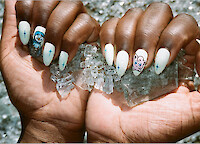
Statement Nails. Female fingertips as a tool of self-empowerment
Q&A with Judith Mair
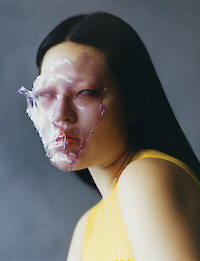
Beauty in techno-expressive times — extended (posthuman) beauty and bodies.
Q&A with Claudia Rafael
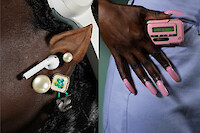
Designing the Self
The first section of the online lecture series "Self-Imaging: Identity, Disruption, Transformation" is curated by Judith Mair.
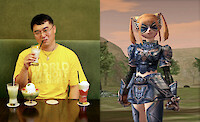
Visual identities. The digital looking-glass self.
Q&A with Francis Müller

Bizarre Bodies. Digital Body Identities.
Q&A with Irena Srdanovic

Can the hoodie ever be truly unisex? New narratives for an inconspicuous streetwear item.
Q&A with Chinouk Filique

